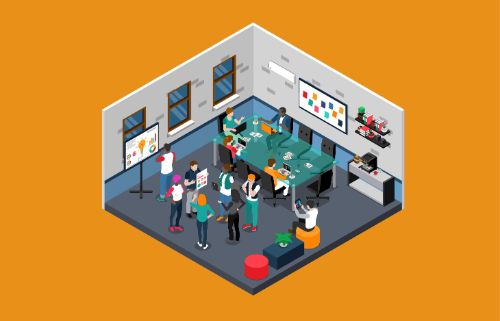Over the holiday I was pointed towards a fascinating article written by Bruno Latour; anthropologist, philosopher, sociologist and ecologist.
In the article he poses a number of questions about our current COVID related predicament and like many others asks the question: “What might we change following this experience to the benefit of humankind?”
Latour calls it: “A little exercise to make sure that, after the virus crisis, things don’t start again as they were before.”
Latour notes that in the space of a matter of a few days, economic systems adapted to new ways of working and that our way of life altered significantly as a consequence of the pandemic. The environment changed, air became cleaner and people found (in some cases) different ways of working. What certain people have been campaigning for during decades of activism happened almost overnight.
One aspect of Latour’s general approach is that he asks his readers to engage in activities alongside their thinking. On this occasion he asks readers to consider a number of questions about the pandemic and their reactions to the changes it has forced. I believe that we can usefully adapt Latour’s questions to our own context. Put simply, what has changed for the better as a result of the shutdown? What would we like to keep? What needs to go?
What follows is something of a thought experiment that can be conducted on an individual basis, Year group/Subject basis, Department basis, Phase or Faculty basis or indeed Whole School basis. Once answered the responses can be overlaid to map areas of commonality and shared thought. So, while in isolation complete the questions individually, compare through virtual collaboration and submit your communal responses.
It would be good to think that from this period of difficulty we made a positive change to both
the way we work and the environment we experience.
Latour’s questions reimagined for the British School in Paris:
Through working through these questions, our team has been able to pin-point the changes we wish to make over the next couple of years.

Big Education Trust is a company limited by guarantee registered in England and Wales.
Company registration number: 07648389.
VAT number: GB142676505
Registered Office: c/o School 21, Pitchford Street, London E15 4RZ
Privacy Policy | Terms & Conditions
| Cookie | Duration | Description |
|---|---|---|
| cookielawinfo-checkbox-analytics | 11 months | This cookie is set by GDPR Cookie Consent plugin. The cookie is used to store the user consent for the cookies in the category "Analytics". |
| cookielawinfo-checkbox-functional | 11 months | The cookie is set by GDPR cookie consent to record the user consent for the cookies in the category "Functional". |
| cookielawinfo-checkbox-necessary | 11 months | This cookie is set by GDPR Cookie Consent plugin. The cookies is used to store the user consent for the cookies in the category "Necessary". |
| cookielawinfo-checkbox-others | 11 months | This cookie is set by GDPR Cookie Consent plugin. The cookie is used to store the user consent for the cookies in the category "Other. |
| cookielawinfo-checkbox-performance | 11 months | This cookie is set by GDPR Cookie Consent plugin. The cookie is used to store the user consent for the cookies in the category "Performance". |
| viewed_cookie_policy | 11 months | The cookie is set by the GDPR Cookie Consent plugin and is used to store whether or not user has consented to the use of cookies. It does not store any personal data. |
You’ve read a number of our blogs and we’re delighted you’re interested in our work.
Become a member for FREE and enjoy…